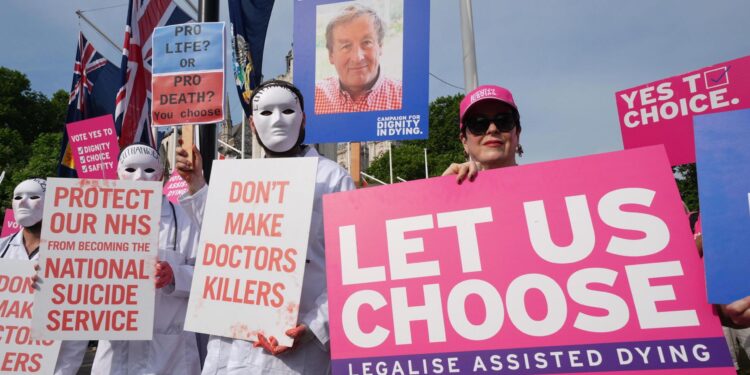Terminally ill individuals in the United Kingdom with fewer than six months to live are set to receive new legal rights granting them access to a medical procedure allowing greater autonomy over their final days. The reform, currently under advanced review, proposes a structured system whereby patients can seek approval for end-of-life assistance following assessments by medical professionals and an oversight panel.
The change, which could become one of the most consequential shifts in British medical ethics in decades, responds to years of campaigning by patient rights groups and legal advocates. Proponents argue that terminally ill people should be afforded dignity, agency, and relief from avoidable suffering when facing inevitable death.
Under the proposed framework, individuals diagnosed with a terminal condition and a prognosis of six months or less will be permitted to request a medically supervised life-ending procedure. This request must pass two levels of approval: first by at least two independent doctors confirming the diagnosis and mental competence of the patient, and then by an appointed oversight panel designed to ensure no coercion or procedural breach has occurred.
Advocates of the move highlight parallels with jurisdictions such as Canada, New Zealand, and parts of the United States and Australia, where similar laws have been introduced. “This is about compassion and giving people facing unimaginable pain a measure of control and peace,” said one spokesperson from Dignity in Dying, a group long at the forefront of the UK debate.
Opposition remains, however, particularly among religious organisations, some medical professionals, and disability rights activists. Critics fear that legalising medically assisted death, even under strict controls, could gradually erode protections for vulnerable groups and shift the moral framework of healthcare. The British Medical Association remains divided, having only recently dropped its long-held opposition to assisted dying to adopt a neutral stance.
The plan does not amount to legalising euthanasia outright but instead allows for a highly restricted and regulated form of assisted dying. The individual must initiate the request, demonstrate mental clarity, and reaffirm consent over a reflective period. Additionally, all steps must be thoroughly documented, with legal and ethical accountability built into the process.
While legislative timelines are still uncertain, government insiders suggest the measure could come to a parliamentary vote within the next year. Its passage would likely depend on a free vote in the House of Commons, allowing MPs to cast ballots according to conscience rather than party lines.
Public opinion has shifted in favour of reform in recent years, with multiple surveys showing more than 70% of Britons support assisted dying in specific cases involving terminal illness. As the debate continues, the core question remains whether the country is ready to legally embrace a choice rooted in compassion but shadowed by moral complexity.
newshub finance



Recent Comments